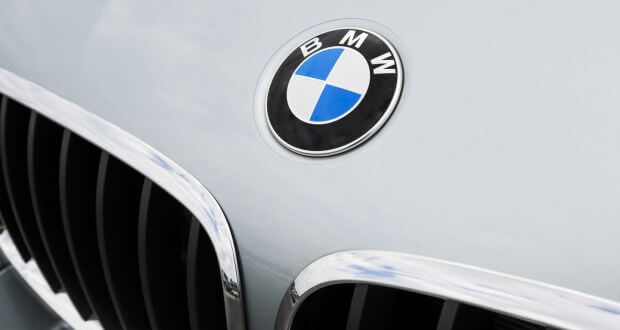BMW warns global trade tensions could affect their profits

The escalating trade war between US and China is putting the squeeze on car manufacturers. In particular, BMW has warned that trade tensions between the two powers could affect profits in the coming months.
BMW said that if tariffs get any higher they may no longer meet a goal of making a profit at the same level that they achieved last year. Other major car manufacturers, including top rival Daimler, has also cut their financial targets as global trade tensions escalate between the United States and China with regard to raw material price increases. BMW chief financial officer Nicolas Peter said they are,
“very closely” monitoring the trade situation and they said, “if conditions deteriorate any further, we cannot rule out effects on our guidance,” which the company maintained despite a drop in second-quarter earnings.
“BMW has a strong footprint in the US, China and Europe and is well positioned for these times with a lot of flexibility, especially in production.”
President Donald Trump asked US trade officials to consider increasing tariffs on $200 billion in Chinese goods, adding to the trade tensions between the two countries. The increased levy has been in effect since July 6th.
Despite the fact that China is lowering import tariffs on cars from other nations, they have slapped retaliatory duties on US car imports. BMW last year shipped more than 100,000 sport utility vehicles to China from its Spartanburg plant in South Carolina. Frank Biller, a Stuttgart-based analyst with Landesbank Baden-Wuerttemberg said:
“It’s all about what’s happening at the macro-level outside the company’s control,”
“BMW is shipping vehicles with strong margins from the US to China, and they’re hostage to the negative effect of the trade tensions.”
BMW is looking at a few options to offset the higher barriers to trade, including an existing assembly plant in Thailand that pieces together X5 SUVs from ready-made kits. Assembling cars from so-called completely-knocked-down parts is a common option to circumvent duties on vehicle imports. Even with this contingency, there are no plans by BMW to move certain models to different production locations for now.
Not only is the Trump administration taking on China, he has also taken aim at the European Union car tariffs, adding to headaches for car manufacturers in Europe. BMW is already shifting to electric cars which are also having a significant impact on the companies profit margin. That said, BMW has forecast stronger momentum during the rest of the year from new models like the X2 compact sports utility vehicle.
To offset rising trade tensions, BMW has agreed to raise its stake in its joint venture with Brilliance Automotive Group in China and this year started production of its popular X3 SUV there as well as South Africa. With the X3’s shift to China, more than 80 per cent of BMW’s sales there are now made locally.
Author

Justin Kavanagh
Justin Kavanagh is a recognised leader
in automotive intelligence and vehicle
data supply to the entire motor industry.
He has almost 20 years experience in
building systems from the ground up.
As the Managing Director of Vehicle
Management System, he understands the
need and importance of trustworthy and
reliable vehicle history and advice to
both the trade and the public.
Follow me on LinkedIn